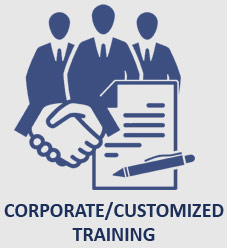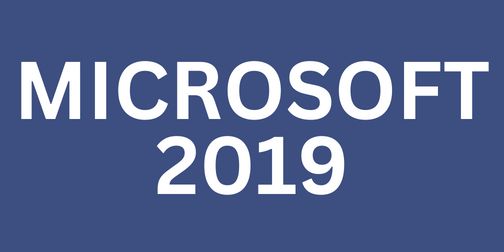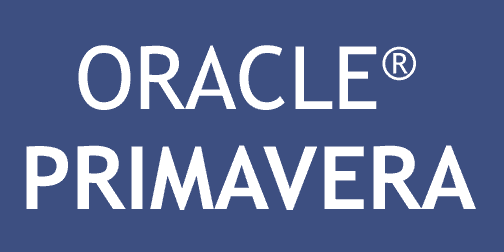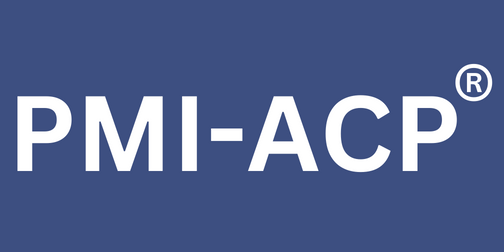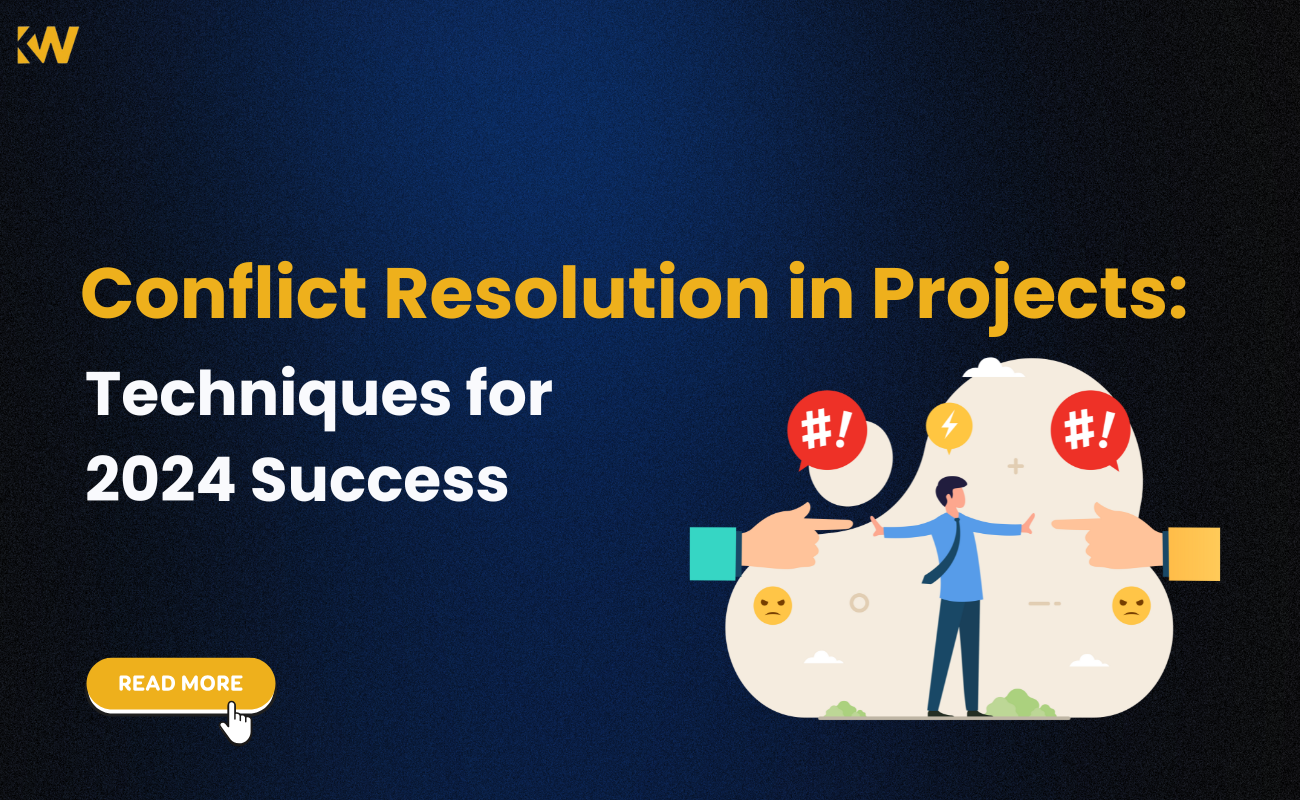
Conflict Resolution in Projects: Techniques for 2024 Success
Posted On December 11, 2024 - 11:31 AM
Conflict is a normal element of project management. Conflicts and disputes occur when there are multiple stakeholders with diverse teams and competing goals. But, by 2024, when workplaces around the world change with hybrid models of work with cultural diversity, and rapid technological advances, effective conflict resolution will be more essential than ever. Resolving conflicts swiftly and strategically can transform barriers into opportunities for creativity and collaboration.
Understanding Conflict in Projects
1. Projects often have conflicts that result from:
-
Resource Allocation: Resources are limited and can result in disputes about priorities.
-
Communication Gaps: Uncertainty or a lack of communication results in misaligned expectations.
-
Cultural Differences: Teams working across geographies may experience differences in work ethics, communication styles, or decision-making processes.
-
Undefined roles: Ambiguity in roles and responsibilities can cause confusion and frustration.
2. Types of Conflict:
-
Problems with Tasks: With the project's objectives, tasks, or strategies.
-
Conflicts between relationships: Stem from interpersonal conflicts or emotional discord.
-
Process Conflicts: Questions about how the tasks or decision-making process should be completed.
Recognizing the cause and type of conflict is the initial step towards resolving the issue.
The Importance of Conflict Resolution
The ability to resolve conflicts effectively has many advantages for the success of projects:
-
Improved Teams Collaboration: The resolution of disputes builds trust and collaboration.
-
Better Decision-Making: The ability to consider multiple perspectives results in more effective solutions.
-
Greater Efficiency: Minimizing friction allows teams to concentrate on their objectives.
-
A Positive Workplace Environment: A harmonious environment improves engagement and morale.
Key Techniques for Conflict Resolution in 2024
To manage the complexity of modern-day projects, managers have to utilize advanced and flexible methods for resolving conflicts.
1. Active Listening
Listening actively is the cornerstone of successful conflict resolution. It is the act of paying concentration to the person speaking, taking into consideration the perspective of the speaker, and reacting with empathy. In 2024, when hybrid workplaces active listening is the process of leveraging digital tools to facilitate effective and compassionate communication.
Tips for Active Listening:
-
Beware of distractions and interruptions.
-
Paraphrases to verify that you understand.
-
Recognize your feelings and your concerns.
2. Emotional Intelligence (EI)
A high level of emotional intelligence can help project managers to manage conflicts in a calm and professional manner. EI is a combination of self-awareness and compassion, as well as the capacity to manage emotions effectively.
Practical Applications:
-
Learn to recognize and control your emotions in intense conversations.
-
Engage with team members to be able to understand their motivations.
-
Be able to manage emotions without overstepping the situation.
3. Clear Communication
Communication issues are the most common source of conflict within projects. Establishing clear expectations and keeping open communication channels are crucial.
Strategies for Clear Communication:
-
Utilize project management tools to record and share updates.
-
Create a culture of transparency and promote feedback.
-
Define roles, responsibilities, and deliverables from the beginning.
4. Conflict Management Styles
Different situations call for different ways of managing conflict, as described by the Thomas-Kilmann Conflict Mode Instrument (TKI):
-
Refraining: is Ideal for minor issues or situations when emotions require some time to cool.
-
Accepting: Prioritizing relationships over the issue.
-
Competition: Taking a firm position when fast decision-making is required.
-
Compromise: Finding a middle compromise that will be acceptable to all parties at least partially.
-
Collaboration: Working together to create a win-win situation.
5. Mediation Techniques
Mediation is the act of an impartial third party who facilitates discussions between disputing parties. Project managers are often the ones who play this responsibility, and developing skills in mediation is crucial.
Effective Mediation Practices:
-
Create a non-judgmental, safe space to have conversations.
-
Establish rules of conduct for a respectful exchange.
-
Help parties find mutually acceptable and mutually agreeable solutions.
6. Leveraging Technology
In 2024, technology will provide new ways to resolve conflicts:
-
Collaboration Software: Platforms like Microsoft Teams and Slack improve communication and decrease the possibility of misunderstandings.
-
AI-powered insights: Tools such as Asana as well as Trello can help analyze the team's dynamics and identify any potential problems early.
-
Virtual Reality (VR): Simulations for team-building and training in conflict resolution.
7. Training and Development
By investing in training, teams are equipped with the necessary skills to handle conflicts effectively.
Focus Areas:
-
Conflict resolution workshops.
-
Training for cultural sensitivity.
-
Emotional intelligence development.
8. Establishing a Conflict Resolution Framework
The creation of a standardized framework helps ensure that there is consistency when addressing conflicts.
Framework Components:
-
In the project charter, define conflict resolution protocols. the project charters.
-
Designate the person responsible for resolving disputes.
-
Set a timeline to resolve the issue.
Case Studies: Real-World Applications
Case Study 1: Resource Allocation in a Global Project
A marketing team across the globe was faced with disagreements over the allocation of budget funds. Utilizing a team-based strategy and using AI tools to assess their ROI and performance, they decided to prioritize projects based on data-driven information as well as resolve disputes, and improve the results of projects.
Case Study 2: Hybrid Work Miscommunication
A software development team that was hybrid had a difficult time because of inconsistencies regarding expectations. The implementation of transparent communication channels, frequent meetings, and a shared document within project management tools reduced the likelihood of misunderstandings and helped improve team cohesion.
Measuring the Success of Conflict Resolution
The success of conflict resolution can be measured by:
-
Customer Satisfaction: Surveys are conducted regularly to gauge the morale of your team.
-
Project performance: Check metrics, such as the time of delivery and the quality.
-
Participant Feedback: Get input from the stakeholders to ensure that the HTML0 is in alignment.
Preparing for the Future
While the work environment continues to change Project managers must keep up with:
-
Integrating the Continuous Learning Process: Stay updated on new strategies for resolving conflicts.
-
Adapting to diverse teams: Foster inclusivity and take advantage of different perspectives.
-
Making use of Data in conjunction with Technology: Use analytics to predict and reduce conflicts.
Conclusion
Conflict is inevitable in project work, but shouldn't be the reason for failure. With the help of advanced methods that are specifically designed for the 21st century's changing environment Project managers can turn conflicts into opportunities for growth and creativity. Emotional intelligence, active listening as well as clear communication and technologically driven solutions are essential in forming strong and harmonious team members for projects. When you have the right strategy, conflict resolution becomes an essential element of achieving project success.











